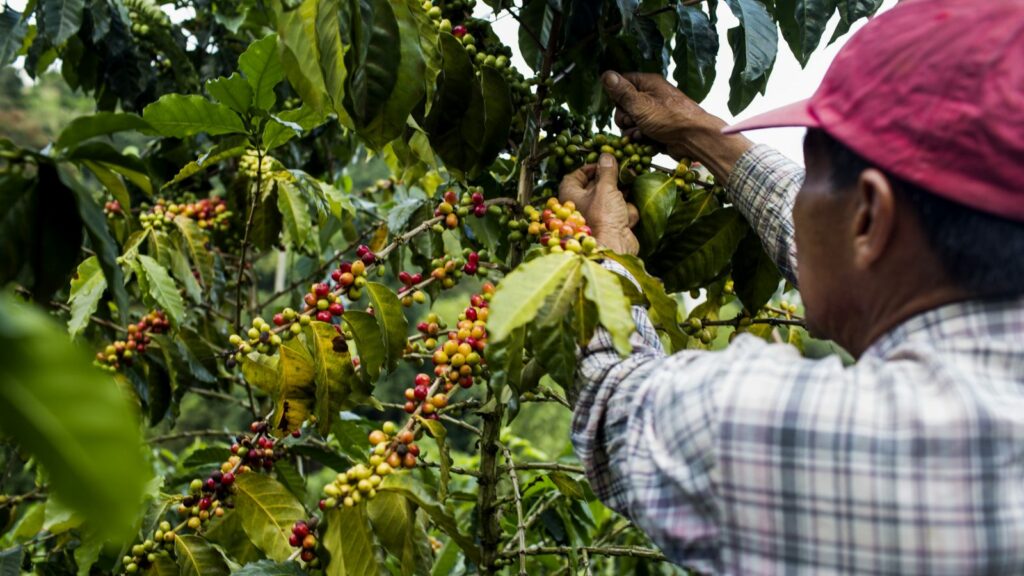Colombian Coffee Threatened by Climate Change

Of how coffee arrived in Colombia, no one knows for sure, but what is certain is that coffee is deeply engrained in the Colombian development, political and social fabric.
Colombian coffee is renowned and ranks third in the world, after Brazil and Vietnam, credit to the leadership of the National Federation of Coffee Growers. While the Colombian Coffee journey has not been smooth sailing, strategic marketing, speciality brand development, research, education and subsidization have played a major role in establishing coffee as one of Colombia’s most important agricultural crops.
In the coffee producing regions of Colombia, improvements in health care, literacy rates and standard of living are some of the ways that coffee has impacted lives. Majority of Colombian coffee farmers are small family farms, less than 5 hectares. To compete, they have to join cooperatives or associations as the challenges of independent production are just above their means.
Further, although there has been improvement in the participation of women farmers in the coffee value chain, a lot still needs to be done to ensure access and agency of these farmers. The greatest challenge for these farmers is land ownership, which is mainly owned by their husbands or male family members.
Domestic responsibilities also hinder women from full participation and a noteworthy issue is that of unpaid work hours – studies show that women spend the greater part of their time on unpaid work while men spend the greater part of their work time on paid work hours. However, much has been done to elevate women in Colombia’s coffee production and the benefits speak for themselves. One of the biggest challenges going forward, is the overcoming of the traditional mindset that women should be relegated to household duties while decision making is left to their partners or male family members.
Coffee has also impacted the Colombian society in other non traditional and unexpected ways. For instance, the role of Rural Producer Organizations (RPOs) in peace building post war, is now recognized.
Lastly, projected climate change impacts on coffee production and therefore value chain, are mixed. In some areas there will be increased production while in others there will be reduced production but of note is that the Colombian coffee industry could lose up to 80% of its plants – mainly due to increased pest attacks from the increased rainfall as a result of a changing climate.
